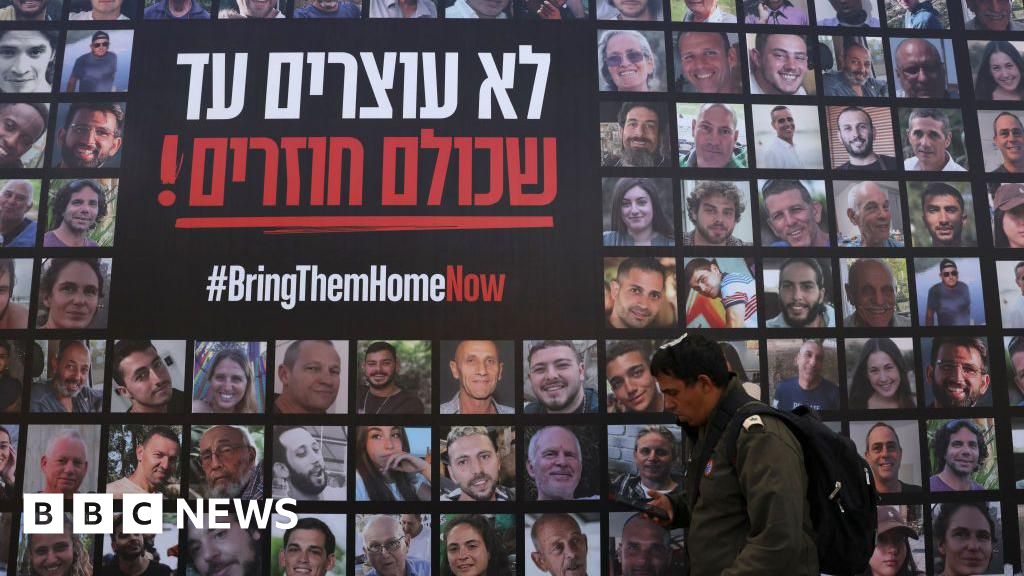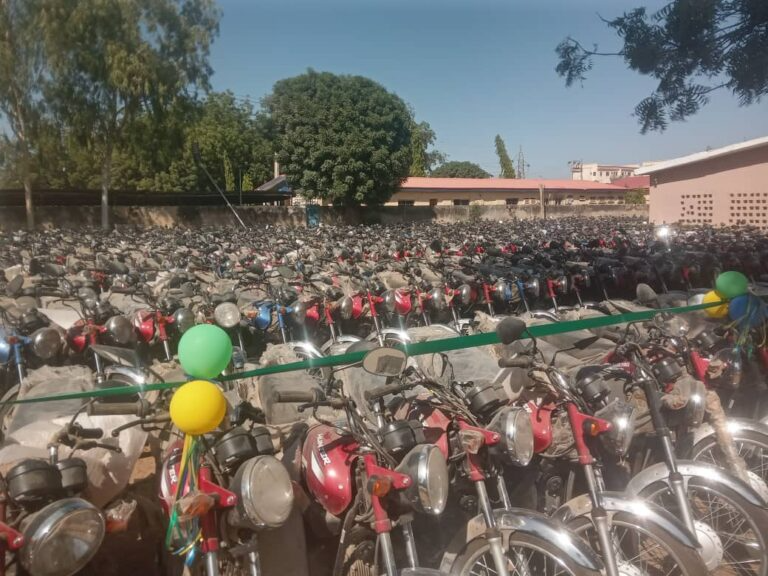Calling out other civil society organistions as backup to derail DSS’s civil suit against SERAP for “malicious” claims of invasion and instigation of unverified stories from its visit to the NGO’s Abuja office is a diversionary gaffe and sends the wrong message, writes Lewis Chukwuma
Arguably the poster-boy of Nigeria’s non-governmental organizations’ vibrant ecosystem, the Socio-Economic Rights and Accountability Project (SERAP) has earned her epaulets, tracking her notable interventions in the last two decades.
Recognising the unexplored potential of international human rights law for increasing transparency, accountability and protection of economic and social rights in Nigeria, SERAP has promoted these principles and values and commits to addressing developmental and human rights challenges such as corruption, poverty, inequality and discrimination.
But is SERAP derailing currently? Though it has never publicly claimed to be a candidate for sainthood awaiting final Papal proclamation, the organization would appear to have certainly recently goofed in her recent unfortunate knee-jerk claims of invasion of her office in Abuja recently by operatives of the Department of State Services, DSS, on routine duty.
The organisation’s X post read: “Officers from Nigeria’s State Security Service (SSS) are presently unlawfully occupying SERAP’s office in Abuja, asking to see our directors. President Tinubu must immediately direct the SSS to end the harassment, intimidation and attack on the rights of Nigerians.”
In a further statement signed by SERAP’s deputy director Kolawole Oluwadare, the organisation said: “We condemn the invasion of our Abuja office today by Nigeria’s Department of State Services (DSS). The Tinubu administration must immediately direct the DSS to end the intimidation and harassment of SERAP and our staff members.”
READ ALSO: Akpabio mourns Lagbaja, says Nigeria lost a fine…
For context and better clarity, the DSS is Nigeria’s primary domestic intelligence agency, which plays a critical role in national security and intelligence gathering. Its main responsibilities are within Nigeria and include counter-intelligence, medical intelligence, economic intelligence, internal security, counter-terrorism, and surveillance as well as investigating some other types of serious crimes against the state.
Against the foregoing background, emerging facts regarding the DSS visit to SERAP’s office in Abuja are in the public square and significantly deviates from the NGO’s claim which verges on the phantom – and needlessly so. According to the state agency, its officers had visited SERAP’s offices on a routine investigation, adding that its two officers were not there to harass anyone.
Many may not realise that DSS under the new leadership of Adeola Oluwatosin Ajayi has significantly tweaked its operational strategy away from what was obtainable in the past dispensation. The agency quickly responded to SERAP’s phantom allegations and specifically clarified matters.
“This narrative is inaccurate and misleading in its intent. For the records, a team of two unarmed Service operatives were lawfully detailed on routine investigation to SERAP office in Abuja, which has sadly been skewed and misinterpreted as unlawful, harassment and intimidation of SERAP officials. The Service further wishes to state that such official enquiries and liaison are traditional and do not in any way amount to illegality or raid.”
The agency understandably sued for citizens’ participation in national security management, further stating: “The DSS, therefore, urges the public to disregard these false narratives as it restates its commitment to utmost professionalism in the discharge of its core mandate.”
In a further very civil move, the DSS signaled it would sue SERAP and some media houses for running unverified stories on September 9 that its operatives “raided” the Abuja office of SERAP.
The state agency had simply demanded that SERAP retract what it called a “false statement within seven clear days through the same media channels it used to injure DSS and at least two national dailies.” The secret police, in a letter to SERAP, noted that its new leadership was repositioning the agency to utmost professionalism, and promised to use all lawful means to punish what it said was “the unprofessional reportage of our activities.”
But in its response, SERAP denied putting out the narrative, and advised the DSS to channel its demand for a retraction of the story and apology from the media houses that published the story. For good measure, it declined to take responsibility for the editorial slants given their press statement by the media houses, not minding it instigated the media frenzy.
“The descriptions ascribed to the incident by other media houses cannot be attributed to SERAP,” the NGO stated in a September 23, 2024 letter by its counsel, Tayo Otetibo, SAN. SERAP was responding to an earlier letter by counsel to the DSS, Dr. Alex Iziyon, SAN.
In Iziyon’s letter dated September 17, 2024, the secret police frowned at a September 9 statement by SERAP which created the impression that some DSS operatives raided its Abuja office.
DSS, in the letter by Iziyon, accused SERAP of distorting the facts of the visit to create what he said was a false narrative that its officers raided the NGO’s Abuja office. DSS demanded a retraction and public apology from the NGO. With expiration of the deadline to recant handed to SERAP, the state agency activated its threat and sued the rights organization, claiming N5.5 billion in damages.
In a suit filed on October 17, the first of its kind in the history of the DSS, the Service, through its team of lawyers, led by Akinlolu Kehinde, SAN, sued SERAP and its Deputy Director, Kolawole Oluwadare, as 1st and 2nd defendants.
The service, in its statement of claim, averred that in line with its practice of engaging with officials of non-governmental organisations operating in the FCT to establish a relationship with their new leadership, it directed the two of its officials; to visit SERAP’s office and invite its new leadership for a familiarisation meeting.
According to the DSS, it dispatched two operatives, John and Ogunleye on a “friendly visit to SERAP’s office at 18 Bamako Street, Wuse Zone 1, Abuja on September 9 and met with one Ruth.
It said Ruth, upon being informed about the purpose of the visit, claimed that none of SERAP’s management staff was in the country and advised that a formal letter of invitation be written by the DSS.
The DSS, who claimed that their interactions with Ruth were recorded, said before they immediately exited SERAP’s office, Ruth promised to inform her organisation’s management about the visit and volunteered a phone number – 08160537202.
The DSS said it was surprised that shortly after their visit, SERAP posted on its X (Twitter) handle: @SERAPNigeria, claiming that officers of the DSS are presently unlawfully occupying its office.
It is worthy of note thst the DSS suit came on the heels of SERAP’s refusal by apologize for misleading media houses.
DSS told the Federal High Court that the “malicious” claims made by SERAP negatively impacted its reputation and that of Sarah John and Gabriel Ogundele, the two operatives involved.
Interestingly, SERAP’s statement of defence appeared to corroborate the position of the DSS, “One of the two DSS officials who entered SERAP’s office signed the visitor’s book as “Sarah David” and not “Sarah John” as constituted in this suit. A photocopy of the extract from the visitor’s book showing that the official hid her true identity when she entered SERAP’s premises is hereby pleaded and shall be relied upon during trial,” stated SERAP.
The court would have to, among other things, determine if the visit by two DSS operatives whom SERAP even allowed sign their visitor’s book, amounted to an “invasion.”
In what appears a nifty counter move, SERAP roped in many other CSOs’ to support its stand and jointly rebuff the state agency. In a curious diversionary pitch, the swarm of CSOs supporting SERAP stated: “We are seriously concerned that this intimidatory tactic by the Tinubu government against SERAP solely for peacefully carrying out its mandates illustrates the growing repression of civil society and crackdown on human rights, media freedom, violent repression of peaceful protests, and restrictions on civic space in Nigeria.” The foregoing did not in any way address the claims by the DSS that SERAP misled the public.
The emerging consensus is that over the years, SERAP has won several landmark cases against the government and her agencies. This is the first it is being sued and all hell has been let loose. Is SERAP incapable of defending itself. Has it suddenly lost its belief in the same judicial system it has relied on over the years. Why not allow the same law run its course? Calling out other CSOs, however befuddling their choreographed symphony sounds, as back up sends the wrong message.
Even a coordinator of one of the NGOs who didn’t want to be named stated that: “Some of us are uncomfortable with how the media handled the DSS encounter with our sister NGO which seemed to mislead unsuspecting media houses into believing lies packaged as truth
“However, it is good the DSS are resorting to civility, and asking for retraction and apology. It shows that the DSS is turning a new leaf and respecting the rule of law.”
At a period that insecurity is putting spanners in the works of progressive governance, the least expected from NGOs is close cooperation with critical agencies of government at the forefront of safeguarding society.
Olumide is the national secretary, Volunteer Media Advocacy for Accountable Leadership, he wrote from Ibadan, Nigeria
















 English (US) ·
English (US) ·